Tesco is preparing for another round of sweeping cuts to the number of brands it stocks on its shelves, as boss Dave Lewis reiterates calls for an online sales levy to even the playing field for bricks-and-mortar retailers.
Lewis and Tesco plan to shed up to 20% of its 40,000 SKUs in a bid to fight back against the discounters Aldi and Lidl, which continue to increase UK market share, according to The Times.
Tesco chief product officer Andrew Yaxley told suppliers last week about the proposed cuts, which are likely to fall hardest across household products such as toilet roll. Tesco are also looking to cut costs by placing bigger orders with fewer suppliers, as well as prioritising and rebranding own-label ranges.
Since taking over the top job at the UK’s largest retailer in 2014, Lewis has more than halved the number of SKUs stocked by Tesco across its stores and tens of thousands of jobs have been axed.
Tesco said the proposed changes are “informed by customer feedback” and will focus on reducing duplication and improving availability.
The news comes after Lewis wrote in the Daily Mail at the weekend, reiterating calls for high street stores to get a 20% reduction on business rates paid for by a 2% levy on online retail sales.
He wrote: “Billions of pounds have shifted online but the rates system was never devised to account for this. Because the bill is linked to property – not profit – shops struggling to keep the doors open have to pay up, while larger online businesses pay just a fraction.
“We face an active policy choice: act now, or do nothing and face the inevitable consequences”.
Lewis said there were 7,500 net store closures in the UK last year and the retail industry could lose another 10,000 stores this year.
This is not the first time Lewis has taken up cudgels against the increasing penetration of online retailers, and the effect that is having on the high street.
Speaking at the British Chamber of Commerce in March, he called on the government to do more to help save retail jobs and said bricks-and-mortar businesses had reached a “tipping point” and ministers needed to “level the playing field”.




















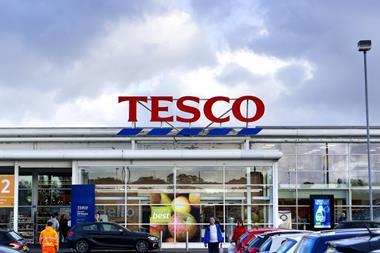
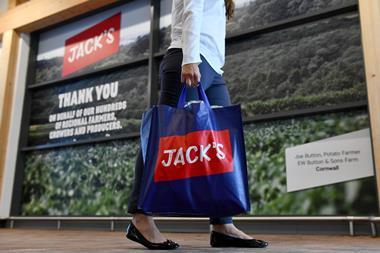
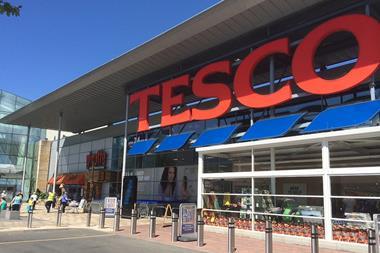
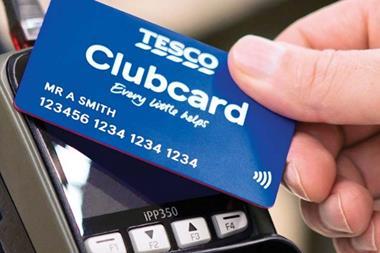
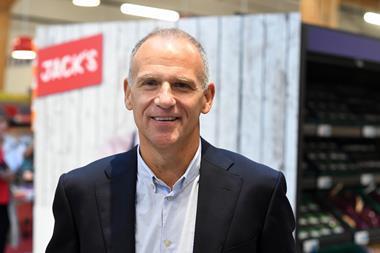
No comments yet